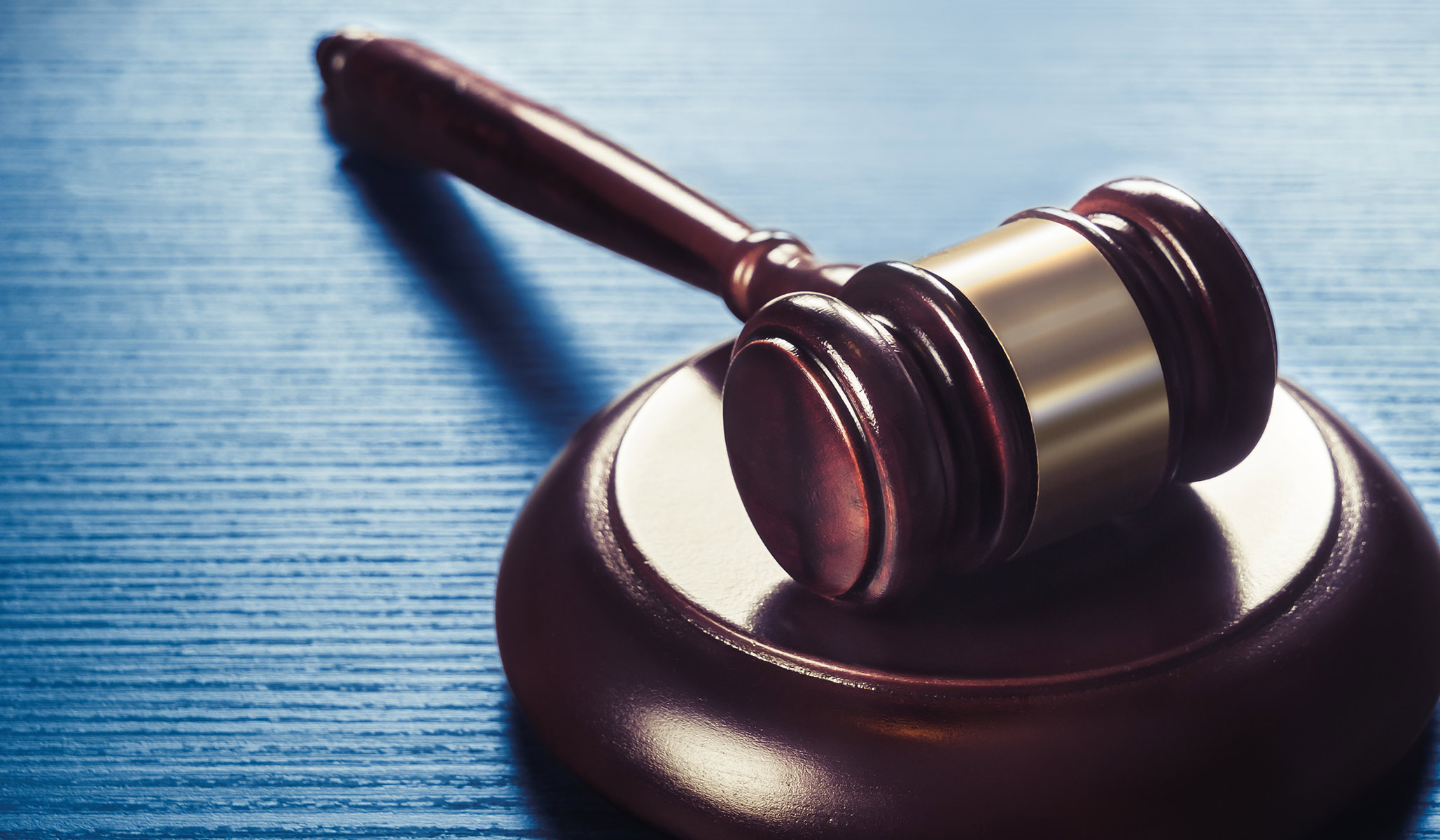


The eyes of the world are fixated on Israel’s judiciary at the moment, but there’s another court system in need of reform that isn’t getting the same attention: America’s.
Next Tuesday, Wisconsin will hold its nominally “nonpartisan” Supreme Court election that’s become the most expensive judicial contest in US history. Conservative Daniel Kelly and liberal Janet Protasiewicz are running to replace incumbent Justice Patience Roggensack in what’s been called “the most important election nobody’s ever heard of” because of how its results will affect the ideological balance of the highest court in this pivot swing state.
It’s easy to get caught up in the ramifications of this race, but all the campaign fracas obfuscates something disquieting — the way in which judicial elections like the 2023 Wisconsin Supreme Court contest politicize the bench.
Currently, most states conduct elections in some form or fashion to select members of the judiciary despite the ethical and political concerns these contests raise. Judicial elections often undermine trust in the court system. A judge required to run for his seat on the bench must seek the endorsements of interest groups, and this imperative can foster misgivings about the judge’s impartiality. Judicial elections can also corrupt the adjudicatory process. If elected, a judge may feel answerable to his supporters or the broader electorate rather than the law, leading him to make decisions that he thinks the public will support or hesitate to render an unpopular ruling to avoid being voted out of office.
Judges should not be in the business of trying to curry favor with voters. They should aim to “say what the law is” and nothing more. That’s why states should eliminate judicial elections and transition towards an appointive model for selecting judges, akin to the judicial selection format employed by the federal system. Progressives may lament the “undemocratic” way federal judges are chosen, but this indirect accountability insulates the judicial branch from political pressure and better preserves its independence. The framers of the Constitution understood that subjecting courts to the capriciousness of the masses is a recipe for a weak, hyper-partisan judiciary, a prognostication playing out in the Badger State and all across the country.
